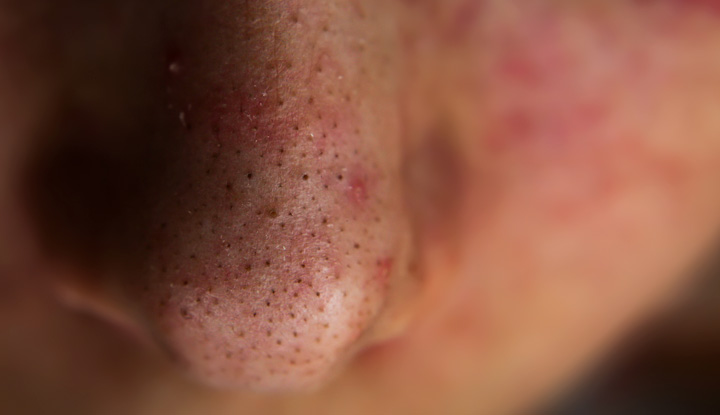Several factors can contribute to the formation of whiteheads on the nose. Understanding these triggers can help individuals make necessary changes to their skincare routine and lifestyle habits to prevent future breakouts.
Hormonal changes and imbalances play a significant role in whitehead formation. During puberty, hormonal fluctuations can lead to increased oil production, making the skin more prone to clogged pores. Similarly, hormonal changes during menstrual cycles can also trigger whitehead breakouts.
Poor skincare routine and hygiene can also contribute to whitehead formation on the nose. Failing to cleanse the skin properly or using harsh products can disrupt the skin’s natural balance and lead to clogged pores. Additionally, not removing makeup before bed can trap dirt and oil in the pores, increasing the likelihood of whiteheads.
Using comedogenic products, such as heavy moisturizers or makeup, can also contribute to
Several factors can contribute to the formation of whiteheads on the nose. Understanding these triggers can help individuals make necessary changes to their skincare routine and lifestyle habits to prevent future breakouts.

Hormonal changes and imbalances play a significant role in whitehead formation. During puberty, hormonal fluctuations can lead to increased oil production, making the skin more prone to clogged pores. Similarly, hormonal changes during menstrual cycles can also trigger whitehead breakouts.
Poor skincare routine and hygiene can also contribute to whitehead formation on the nose. Failing to cleanse the skin properly or using harsh products can disrupt the skin’s natural balance and lead to clogged pores. Additionally, not removing makeup before bed can trap dirt and oil in the pores, increasing the likelihood of whiteheads.

Leave a Reply